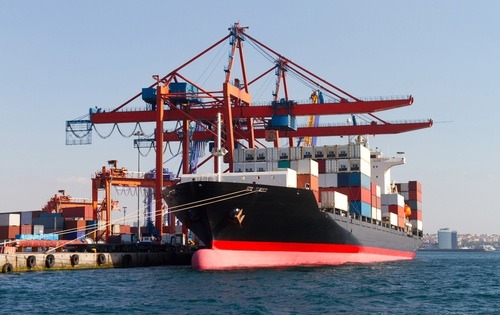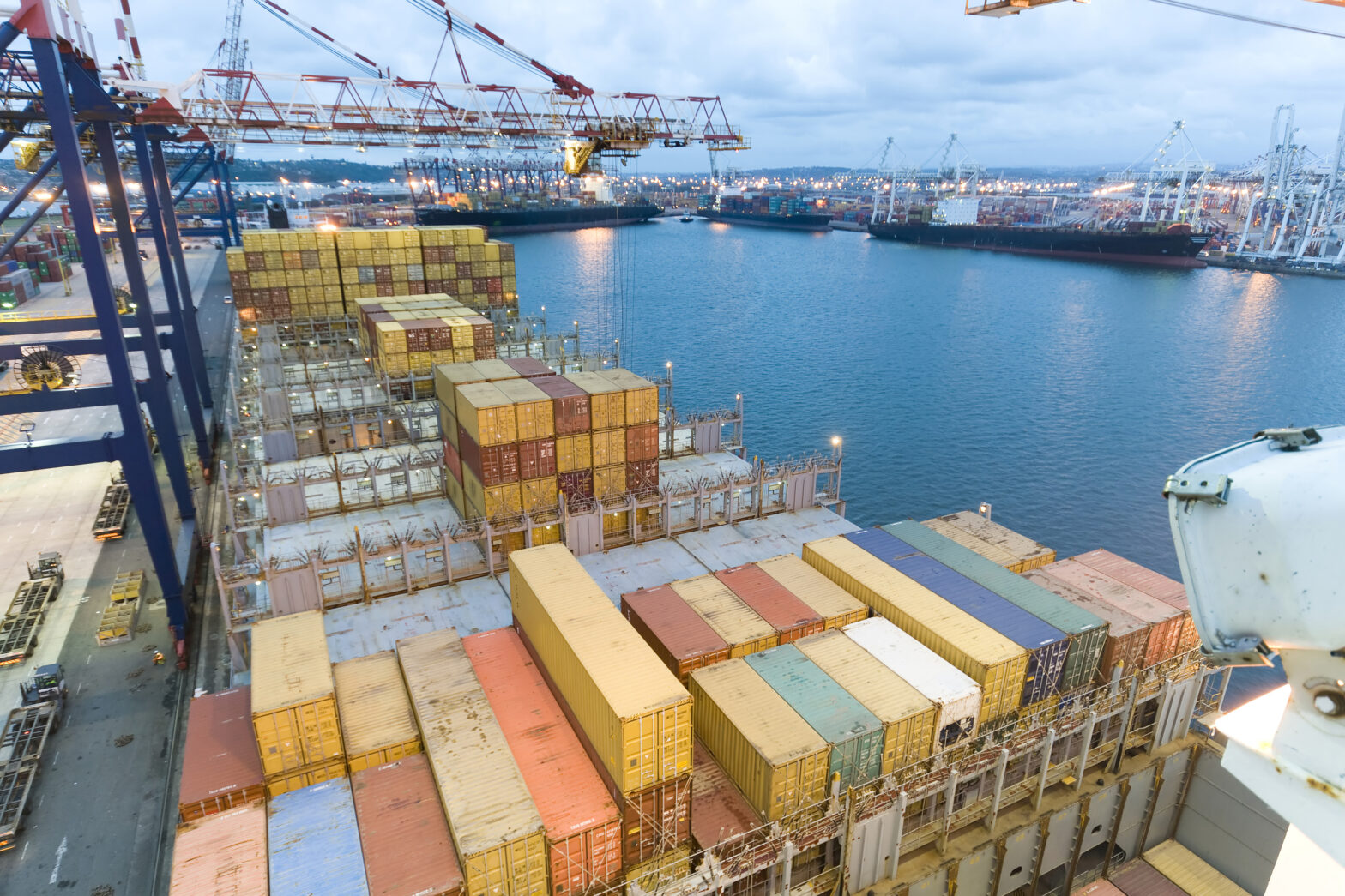For first time exporters the task of supplying all the necessary information to customs authorities may seem like a daunting one. However, preparing documentation and understanding regulations, legal requirements and trading terms needn’t dampen the excitement about expanding your business. Of course it’s extremely important to comply with government guidelines, and getting your documentation right is vital to export success.
Veteran exporters James White Drinks, who are based in Suffolk, have experience selling Beet It and Big Tom, their major drinks brands, to countries all over the world, including Australia, U.S.A, Japan, Ukraine, India and Russia, to name but a few. The company talked through their top tips when starting to trade overseas. Read the following advice to get you on your way:
1. Get paid before dispatch
Always get paid before despatch for all first orders even for customers who are credit worthy. Getting the paperwork right first time shipping to new customers is always more tricky than you expect. Do not get caught out chasing payment for goods that have been held up in transit due to no fault of your own.
2. Keep on top of paperwork
Responsibility for ensuring compliance with local regulations must be placed clearly with your customer. Your role is to provide answers and ensure paperwork is completed accurately. But your customer must ask the questions and advise exactly what to do. Labelling will be a key issue that needs addressing in advance of shipping. Remember that every country has different rules and even these are implemented differently at different ports. You will never be an expert!
3. Be thorough when completing paperwork
Every word and spelling is checked and can be a reason for products being rejected. This is your responsibility. If you have any doubts check what your customer advises.
4. The paperwork can take time, especially the first time
But it gets easier with repeated orders. It is definitely worth having a single individual handle all export shipments as they learn the ropes. Initially it can be daunting and may put you off exporting. So make sure you factor in costs associated with this extra administration required for these sales.
5. Learn the lingo and get to know your local Chamber of Commerce
The latter can help with the former. You may need to know about Tariff codes, Certificates of Origin, Certificates of Free Sale and in Europe you may need a EUR1.
6. Retain your documents
It is essential to keep hold of your export documents for at least six years, and exporters are required to keep this information by law. This is important because VAT is not charged on exported goods and you must be able to give proof your goods have left the country should your business be subject to a VAT inspection.
7. Establish a strong relationship with your customer
Once a regular pattern of supply is established, you can consider offering credit but only offer if it is requested. What is critical is that you respond quickly and efficiently to all enquiries and listen to concerns. This is again where it makes sense to have a person dedicated to handling export matters as they need a more flexible approach than UK sales. Where possible be flexible, but more important be clear about what you can do and what you cannot.
8. Exclusivity
Customers will commonly ask for exclusivity. Be very wary of agreeing to this at least until they have proved themselves. It is a good idea to work exclusively with representatives targeted at specific markets. But a supermarket focussed distributor may not do a good job (indeed may not do any job at all) selling to caterers. You do not want to be locked in to an exclusive distribution agreement with someone that does not deliver. And if they insist on being given exclusivity before working at all, make sure it is given for only a short period before targets are set for the maintenance of this exclusivity.
9. Declare your exports
You can do this yourself through the Government’s electronic “CHIEF” system. However for a first time exporter, it might be easier to use a freight forwarder to tell you what you need and to enter customs clearance on your behalf.
10. Register with the FDA
Not all countries require you to do this, but some, such as the U.S. and Japan, ask exporters to register and provide information about your business and what exactly will be exported. This process can be tricky, and sometimes a country will want to know extremely specific information. As a drinks company, James White Drinks came up against obstacles at this stage as they did not want to reveal the recipes for their product, but needed to comply with regulations. Although this can be a battle, it’s important to put in the leg work to make this process as smooth as possible.
Follow these ten tips and you’ll be on your way to successful exporting and hopefully compliance with the rules and regulations for exporting.
As a last word of advice for first time exporters, Lawrence Mallinson says, ‘It really helps to understand the cultural differences between the countries you’re exporting to and the UK and it pays to do some research on this. But in most countries, the key is to remain polite, persistent and patient!’





